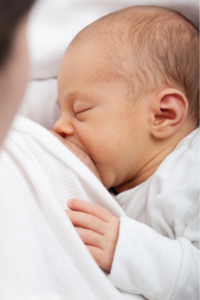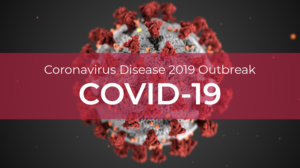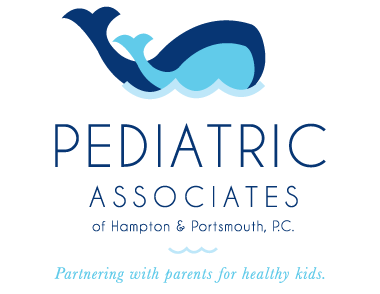At Pediatric Associates of Hampton & Portsmouth, we strongly believe in the importance of immunizations and fully support the childhood immunization schedule established by the American Academy of Pediatrics (AAP). We also agree with the AAP’s assertion that the COVID-19 vaccine is our best hope for ending the current pandemic.
We have also received many questions from our breastfeeding mothers regarding whether or not they should get the vaccine, or if they will need to stop breastfeeding should they choose to get the vaccine.
The CDC Advisory Committee on Immunization Practices (ACIP) describes how mRNA vaccines are not thought to be a risk to the breastfeeding infant. A lactating person who is part of a group recommended to receive a COVID-19 vaccine (e.g., healthcare personnel) may choose to be vaccinated. While there is no long-term data on the safety of COVID-19 vaccines in lactating people or the effects of mRNA COVID-19 vaccines on the breastfed infant or milk production/excretion, studies are currently ongoing to determine outcomes.
Per recommendations from the American College of Obstetricians and Gynecologists (ACOG),
“COVID-19 vaccines should not be withheld from pregnant individuals who meet criteria for vaccination based on ACIP-recommended priority groups. COVID-19 vaccines should be offered to lactating individuals similar to non-lactating individuals when they meet criteria for receipt of the vaccine based on prioritization groups outlined by the ACIP.”
The Academy of Breastfeeding Medicine (ABM) likewise issued the following statement:
“Many lactating individuals fall into categories prioritized for vaccination, such as front-line health care workers. The Academy of Breastfeeding Medicine does not recommend cessation of breastfeeding for individuals who are vaccinated against COVID-19. Individuals who are lactating should discuss the risks and benefits of vaccination with their health care provider, within the context of their risk of contracting COVID-19 and of developing severe disease. Health care providers should use shared decision making in discussing the benefits of the vaccine for preventing COVID-19 and its complications, the risks to mother and child of cessation of breastfeeding, and the biological plausibility of vaccine risks and benefits to the breastfed child.
“There are no clinical data regarding the safety of this vaccine in nursing mothers. However, there is little biological plausibility that the vaccine will cause harm, and antibodies to SARS-CoV-2 in milk may protect the breastfeeding child.”
The Society for Maternal Fetal Medicine also recommends that pregnant and lactating people have access to COVID-19 vaccines. You should feel empowered to discuss the benefits and risks of your options with your healthcare provider.
Based on the science behind these vaccines and the above professional consensus, we support any mother who desires to receive a COVID-19 vaccine and continue breastfeeding. If a mother is more comfortable switching to formula feeding following receipt of a COVID-19 vaccine, we support her in this choice as well.

Additional Helpful Links:
Vaxopedia (written by a board-certified pediatrician) – COVID-19 Vaccines for Pregnant and Breastfeeding Moms
Updated 5/24/23






